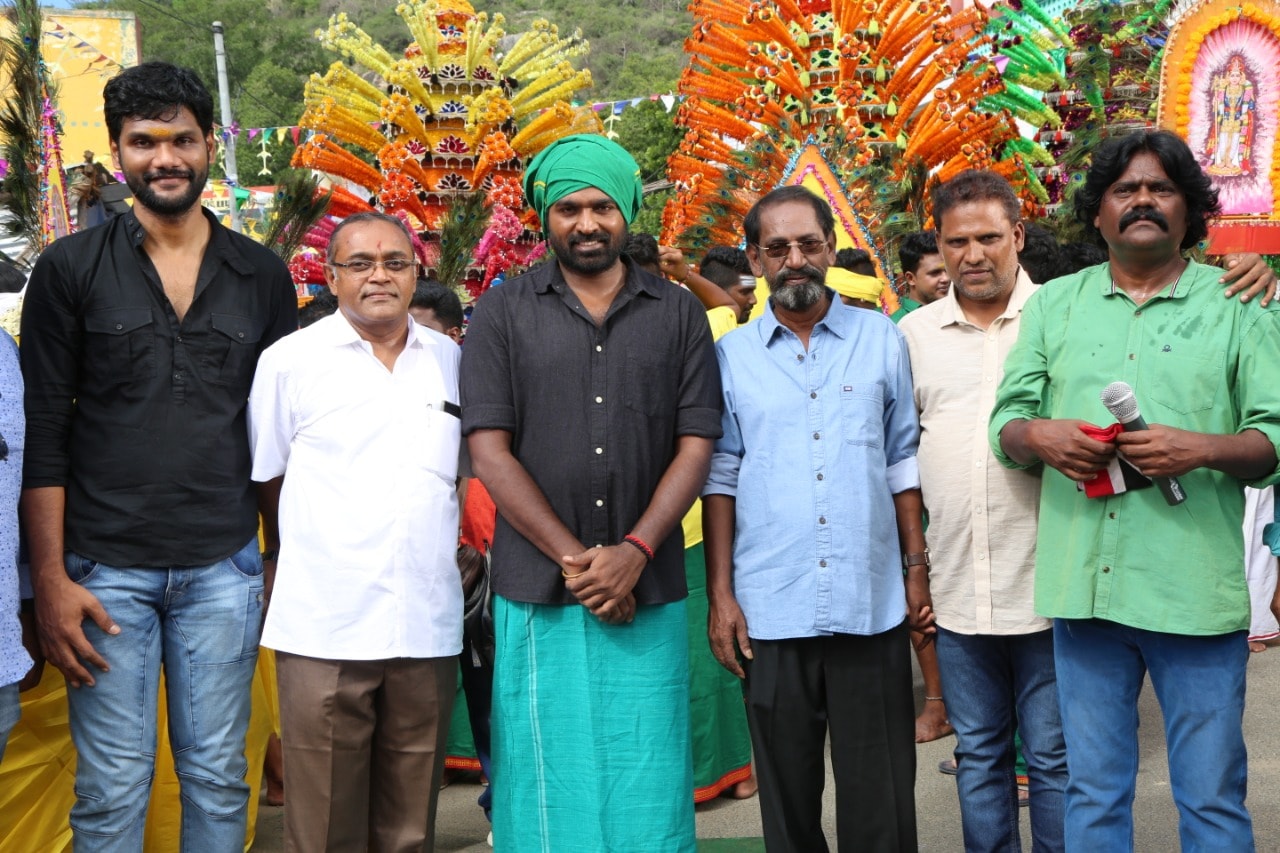

More importantly, we do not scorn those who are lower than us”.Calling Tamil as the oldest language of the world during his address to the 74th UNGA session said 3000 years ago, a great poet of India, Kaniyan Pungundranar wrote in Tamil the most ancient language of the world 'Yaadhum Oore Yaavarum Kelir' which means 'We harbour a feeling of kinship for all places and all people are our own.'" “We do not look at the mighty people with wonder. He skips the word அதனினும் – ‘more than that’ in the last line. So I have followed U.Ve.Saa.’s commentary and used disgust.Ĥ. I have decided to go by their commentaries.ģ. and Avvai Duraisami Pillai interpret it as “நன்மைக் கூறுபாடு அறிவோர் கூறிய நூல்” literally “books of those who know good and evil”. He translates திறவோர் காட்சி as ‘vision of men who see’. So rafts follow the course of the river, they do not drift.Ģ. Here the river is equated to fate and our lives to rafts. Like a raft following the course of the river, our precious lives too follow a predetermined course’. Literal meaning of those lines in the original is ‘Rain drops from lightning streaked skies fall down and gush over the rocks noisily and flow as a mighty river. A friend pointed out that rafts don’t drift in rapids but are hurtled forward. However the original poem says rafts following the course of the river, not drifting. ‘Rafts drifting in the rapids of a great river’ is good imagery. However I differ from AKR on the following points.ġ. AK Ramanujan’s translation of this poem is well known and well received. It is with trepidation that I set out to translate this poem. Neither do we scorn those who are inferior to us. So we do not wonder at those who are superior to us. Life happens on its own with hardly any control by the individual. Just like rafts following the course of a great river that flows noisily over rocks after a downpour from the skies. Wise men have already written down that our lives, though precious to us, follow their predetermined course. At the same time we aren’t bitter about life being a misery. So we do not rejoice that life is blissful. Dying isn’t something new, it has been happening since ages. (This can also be read as Good and evil are inherent in us, and not dependent on external factors). Good and evil in our lives occurs not because of others, they come by themselves. Every person we interact with is our kin (like Vasudhaiva Kutumbakam, whole world is one family).

This poem is that of a global citizen, who doesn’t reduce himself to an identity. You can either read this poem as surrendering to the inevitability of life or as a proclamation of independence from man made boundaries. When he was asked why he didn’t do so, this poem was his answer. He was a wise man, but never wrote in praise of kings or benefactors as was the practice then. He lived in the village of Mahibalanpatti (in Sivaganga district today). This poem by Kanian Poonkundranar (Astrologer from Poonkundram) is one of the most famous poems of Sangam Literature. Like rafts following the course of a mighty river

‘Our precious lives follow their destined course, Neither do we rejoice that life is a joy, Good and evil happen not because of others

Every town’s our home town every man, our kinsman


 0 kommentar(er)
0 kommentar(er)
